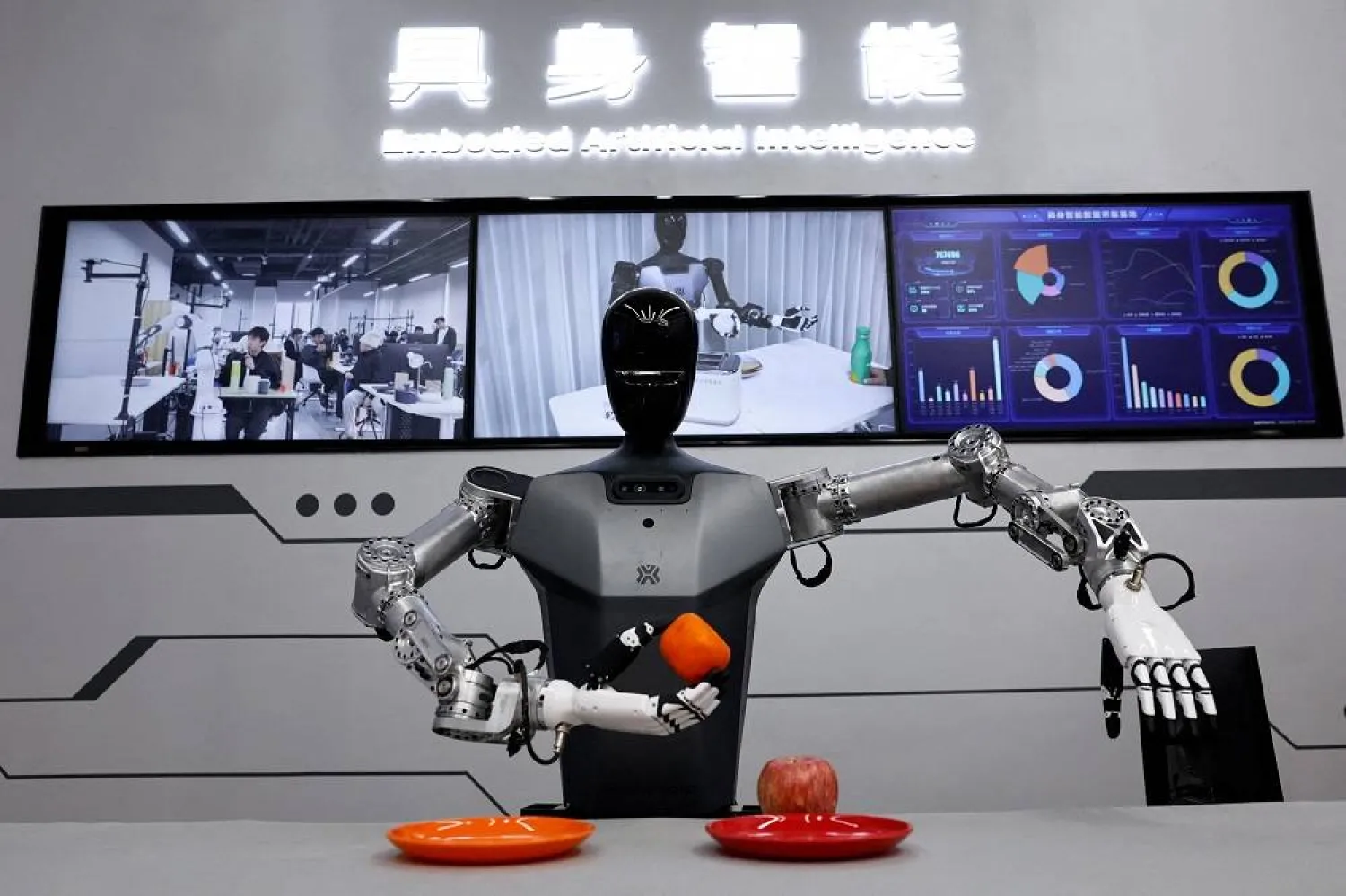External financial bonds, including Eurobonds, constitute an important aspect of Saudi investments, experts told Asharq Al-Awsat.
This came after the Ministry of Finance denied, on Tuesday, that the Kingdom had threatened to sell Eurobonds, according to a statement attributed to the ministry and reported by Bloomberg.
The ministry stressed that Saudi relations with the G7 and other countries were based on mutual respect, pointing to ongoing discussions over matters that promote global growth and the flexibility of the international financial system.
Shura Council member Fadl Al-Buainain told Asharq Al-Awsat that the Kingdom has close and balanced relations with its partners in Europe and the world, adding that it adopts a policy of complete neutrality in issues to which it is not a party, and is committed to non-interference in the affairs of countries in general.
Financial Fluctuations
The Shura Council member stated that the Kingdom is keen on the stability of the global economy, through its global partnerships, its membership in the G20 and its strong relations with the G7, which enjoy mutual respect.
He added that Saudi Arabia, through its reliable management of its foreign investments and its oil policy, cannot take any decision that would negatively impact its international relations or the global economy.
Al-Buainain explained that financial investments in bonds constitute an important aspect of Saudi investments abroad.
For his part, Dr. Fahd bin Juma, economic export and former member of the Shura Council, told Asharq Al-Awsat that the Kingdom always seeks to achieve its economic interests by diversifying its investment portfolio locally and internationally.
Business Relations
Bin Jumaa added that Saudi Arabia also invests in European countries and has good ties with the G7, stressing that there were no risks or indicators about changes in these strong relations.
The Kingdom is also keen on its diplomatic and economic relations with all friendly countries of the world, and does not interfere in the affairs of other countries, he underlined.
Bloomberg had reported that the Saudi Ministry of Finance had hinted that the Kingdom could sell some Eurobonds and French bonds if the G7 tried to seize Russia’s foreign frozen assets.









